The financial district. The streets are eerily deserted.
BATEMAN (Offering his hand) Hello. Pat Bateman.
The Homeless Man stares at Bateman, lying in a doorway on top of an open grate, surrounded by bags of garbage and a shopping cart. A cardboard sign is attached to the front of the cart: I AM HOMELESS AND HUNGRY PLEASE HELP ME.
BATEMAN You want some money? Some…food?
The Homeless Man starts to cry. Bateman reaches into his pocket and pulls out a $10 bill, then changes his mind and holds out a $5 instead.
BATEMAN Is this what you need?
HOMELESS MAN I’m so hungry.
BATEMAN (Holding the bill just out of the man’s reach) Why don’t you get a job If you’re so hungry?
HOMELESS MAN (Shivering and sobbing) I lost my job…
BATEMAN Why? Were you drinking? Is that why you lost it? Insider trading? Just joking. No, really-were you drinking on the job?
In this conversation from American Psycho (2000), investment banker Patrick Bateman caricatures the consequences of insider trading. In fact, insider trading is currently considered as a criminal offence according to legislation. Its practice can even result in criminal fines or a sentence in jail, as well as a stain in someone’s professional career.
What is insider trading?
Insider trading is the practice of acting on privileged information in order to benefit oneself financially. Let’s illustrate this by an example. I am the head of a biomedical company and I have a drug pending US Food & Drug Administration (FDA) approval. I know that if the FDA gives its approval, my share price will rocket, but if it doesn’t, my share price will tank. Now, I already know that my drug has just received approval, so I go ahead and buy a large number of shares on The Stock Exchange, slightly pushing the price up. A couple of days later, the announcement comes out: the FDA has approved my drug. As a result, the price of the share continues to climb, and I decide to sell those shares making a nice and hefty profit.
This scheme was recently replicated by Ramkumar Rayapureddy, IOC of pharmaceutical company Mylan Inc. to make a profit of $8 million. Meanwhile, he is being accused of “tipping his friend and former colleague material, nonpublic information about Mylan’s unannounced drug approval by the U.S. Food & Drug Administration, financial results, and an impending merger with a division of Pfizer Inc.”[1]
We recently submitted a poll online to see what you think about these types of practices. The vast majority of you felt strongly about insider trading being illegal with the most common arguments appealing to the ‘fairness’ and ‘integrity’ of the market. The fact that these are very elastic and subjective concepts leaves room for some counter arguments.
The first point is that insider trading harms the group of people that is supposed to help. The laws against insider trading do not permit the free flow of information through the financial market. As a matter of fact, this leads to retail traders entering trades that they would not have otherwise entered if that private information had been public by virtue of insider trading.
For instance, let’s say again we are in this pharmaceutical company as an insider or executive. We know that the marketplace does not know that the FDA has not approved my drug. The marketplace will only know in 7 days. In parallel, we have a retail trader investigating into this company, and he believes the FDA will approve this drug. The FDA has already disapproved this drug, but the information was not made public. What happens to the retail trader? He entered a trade that if he had full information about, he wouldn’t have otherwise entered. In fact, he is going to long (buy) a share that will eventually tank in a couple of days.
If insider were allowed to trade on this information, the actual information about the approval would be disseminated in this company’s share price. An outsider would notice the price tanking, while the drug’s approval has not been announced yet. Outsiders would become aware of insider information and hence, not make trades that they would have otherwise made without this privileged information. This is a clear example of how insider trading legislation does not benefit those who it’s supposed to.
This brings us to our second point. It is not possible to be logically consistent in wanting the market to be efficient and at the same time being against insider trading. What do we mean by this?
The Efficient Market Hypothesis (EMH) postulates that there are three forms of market efficiency: weak form, semi-strong and strong form. Weak form states that a company’s current share price already includes data about its past performance and therefore an investor cannot be aided by technical analysis. Semi-strong efficiency posits that all available public information about a company is already factored into its share price. What does this imply? It implies that the only way to consistently make alpha (generate above market returns in the long run) is to act on insider and private information. The strong form of market hypothesis claims that all public and private information is already factored into a given company’s share price, hence trading stocks over the long run cannot generate alpha. The problem? Current markets are thought to be a mixture of semi-strong but closer to strong efficient, as 2019 studies show that insiders who trade illegally and undetected represent nearly 10% of total daily volume[2]. Consequently, an investor cannot be a proponent of efficient markets while at the same time being against insider trading as it is logically inconsistent.
Certainly, whether you agree or not, these look like sound arguments. But if it was in our hands to take the final decision on whether insider trading should or should not be legal, the murmur of ‘market’s integrity’ and ‘fairness’ would still make us doubt. To be frank, these are extremely elastic, highly subjective, and relative terms. Let us say for the purpose of this argument that a ‘fair’ system focuses on nobody having a benefit in terms of the availability of information over other people. That world is virtually impossible to achieve by virtue of people’s own strengths and skill set. Some investors nowadays just simply have more information than others. Similarly large companies can hire an army of analyst that will perform equity research, researching through endless amounts of data that the retail trader doesn’t have time or potentially access in today’s world.
Does this mean that today’s market does not have any integrity? Certainly not. A world where insider trading is legal is not The Garden of Eden, it also has its inconsistencies, but to what extent is it preferable to a world where insider trading is illegal?
Bibliography:
(1) SEC Charges Pharmaceutical Co. Chief Information Officer in $8 Million Insider Trading Scheme. (2022, November 10). Retrieved from https://www.sec.gov/news/press-release/2022-204.
(2) 2019. “Insider trading under the microscope.” American Economic Association. Retrieved from https://www.aeaweb.org/conference/2020/preliminary/paper/ddNS5Q7t
Analyst: Jaime Benhamu Oaknin







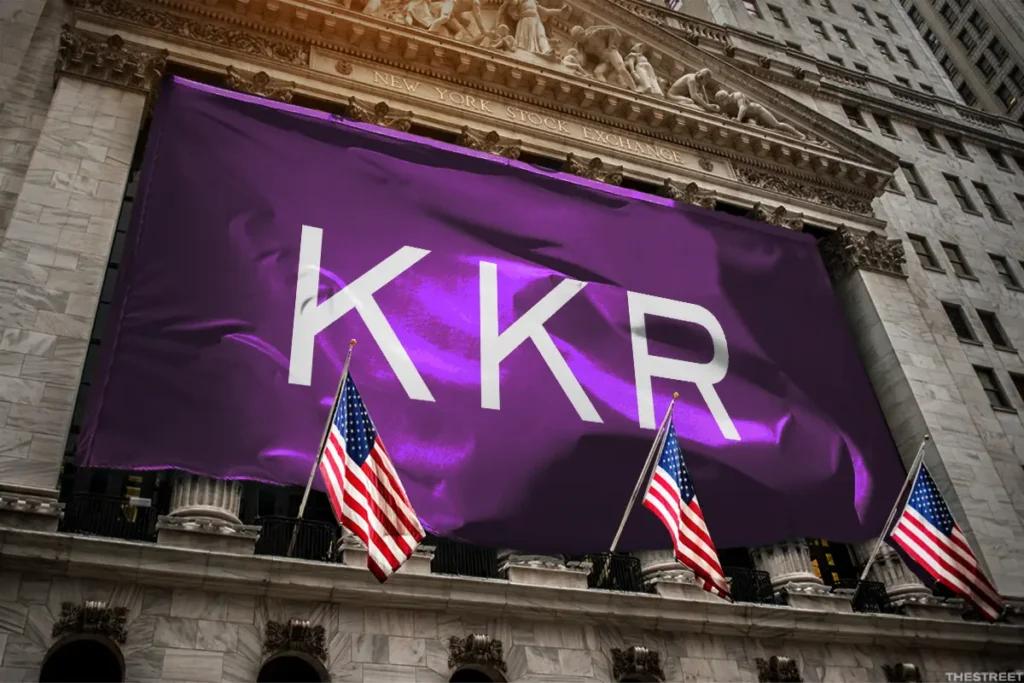


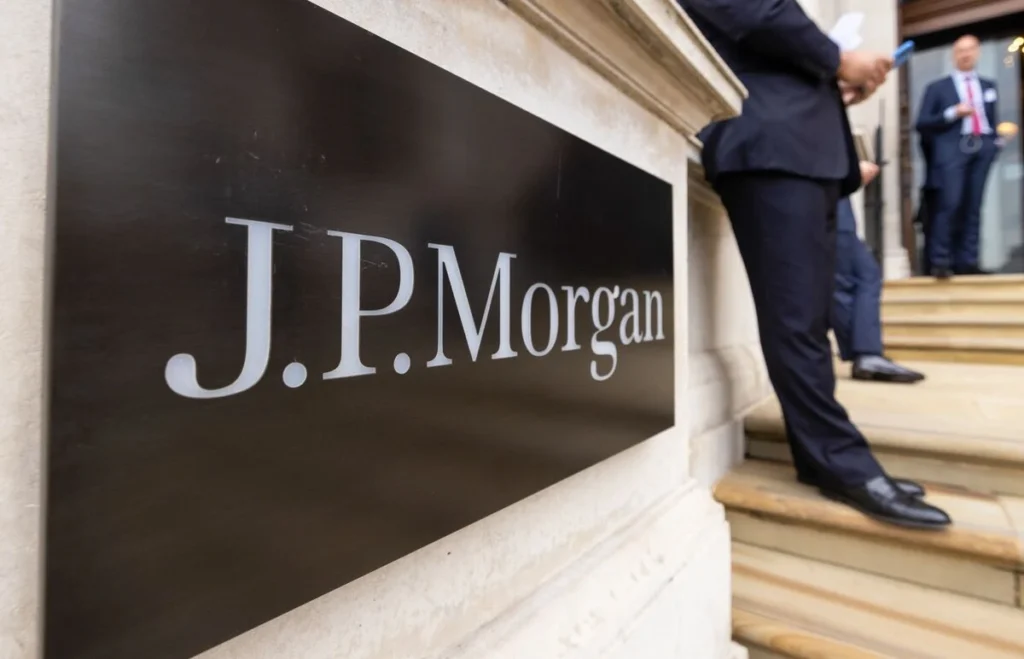
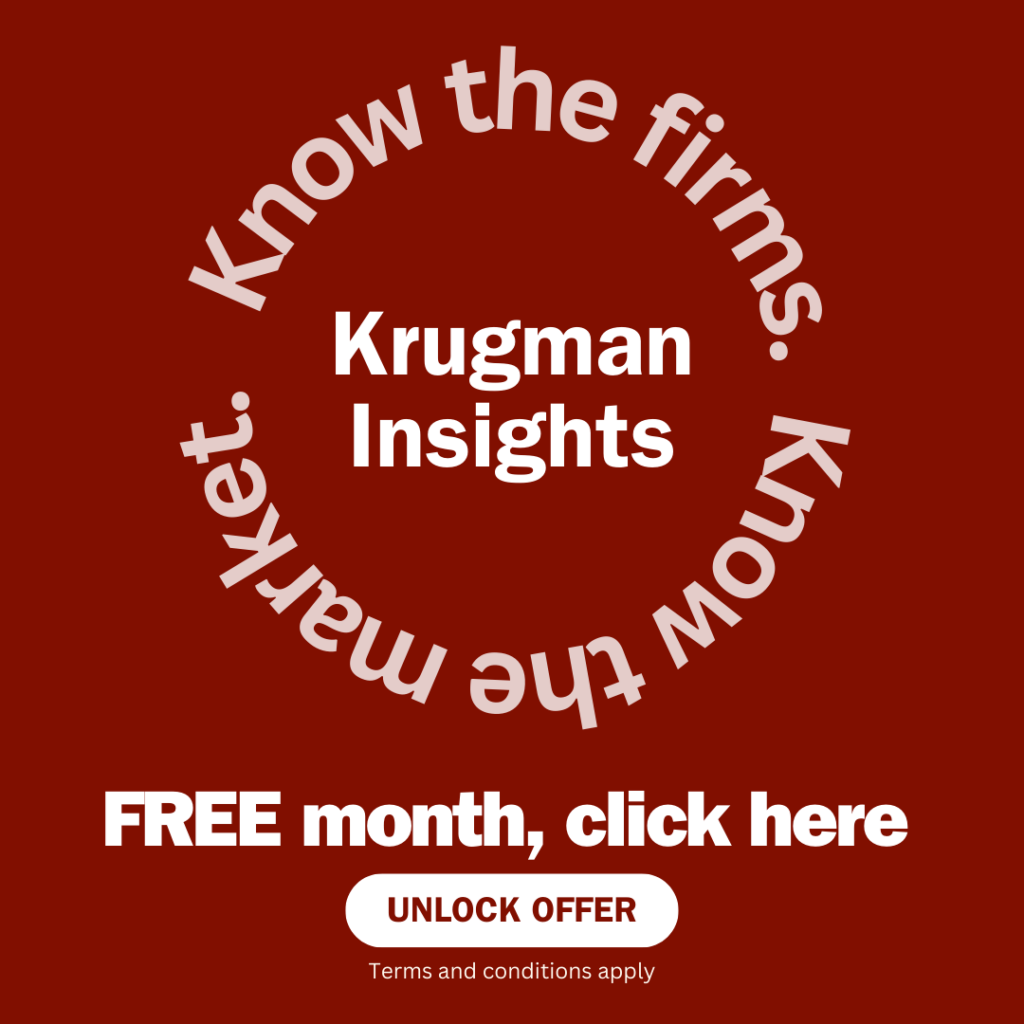
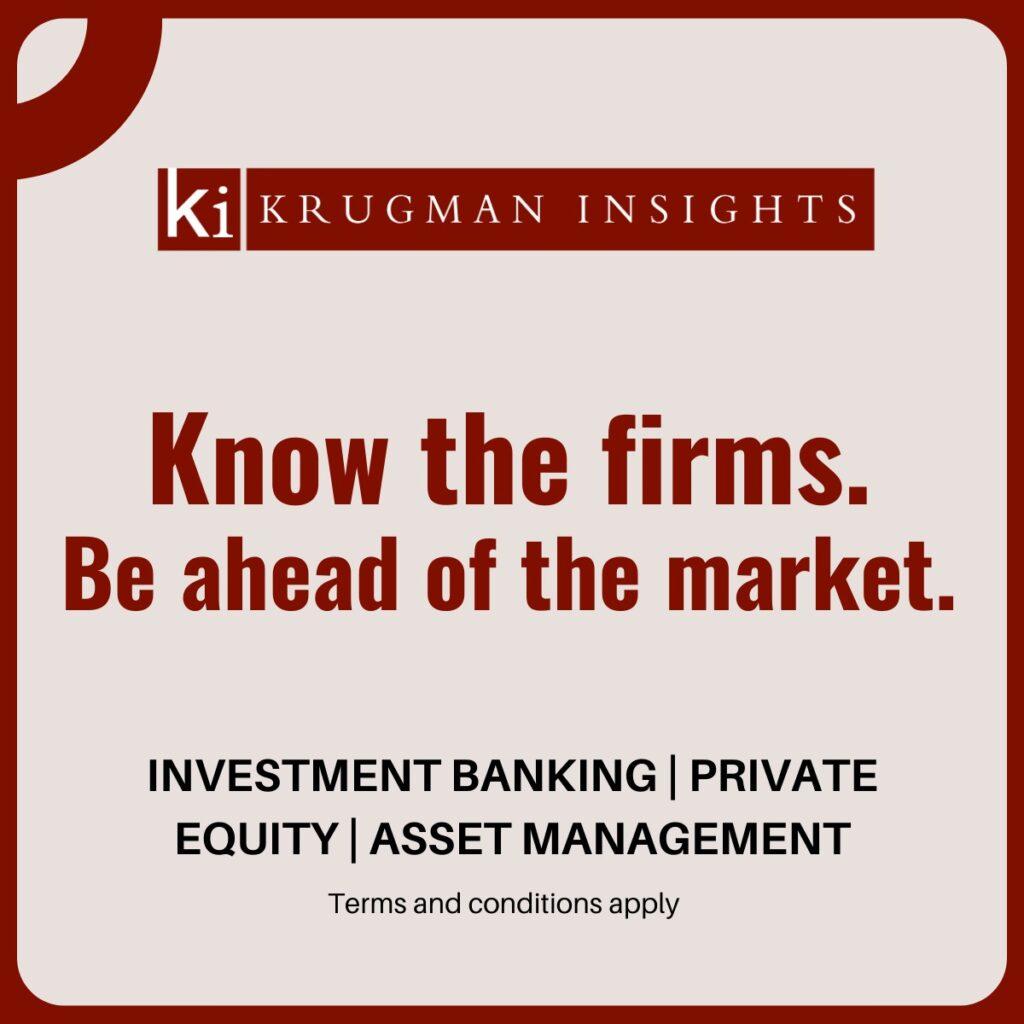






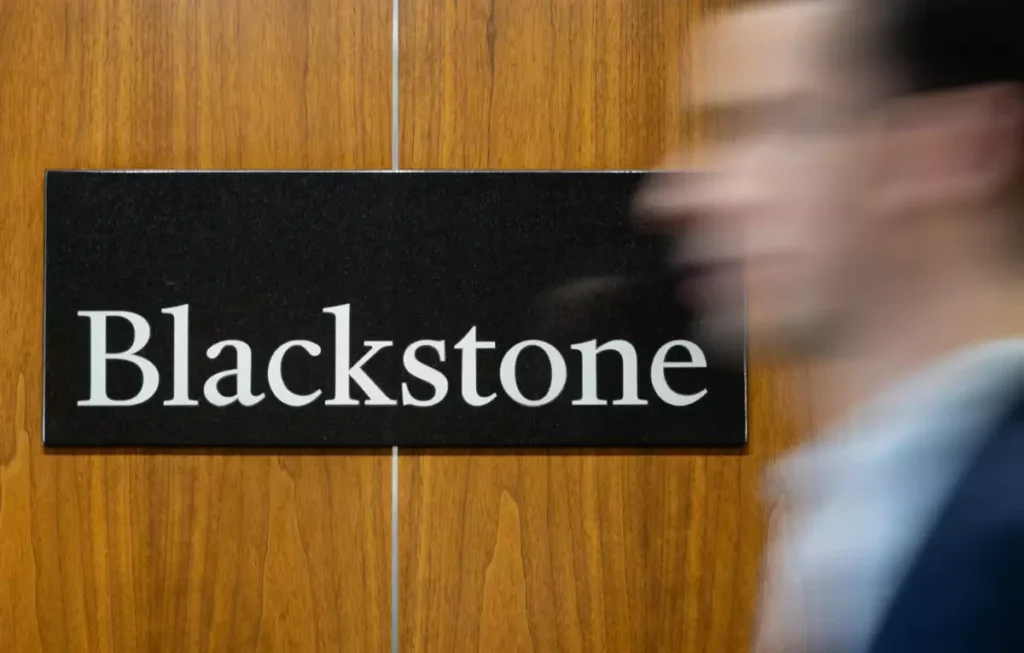

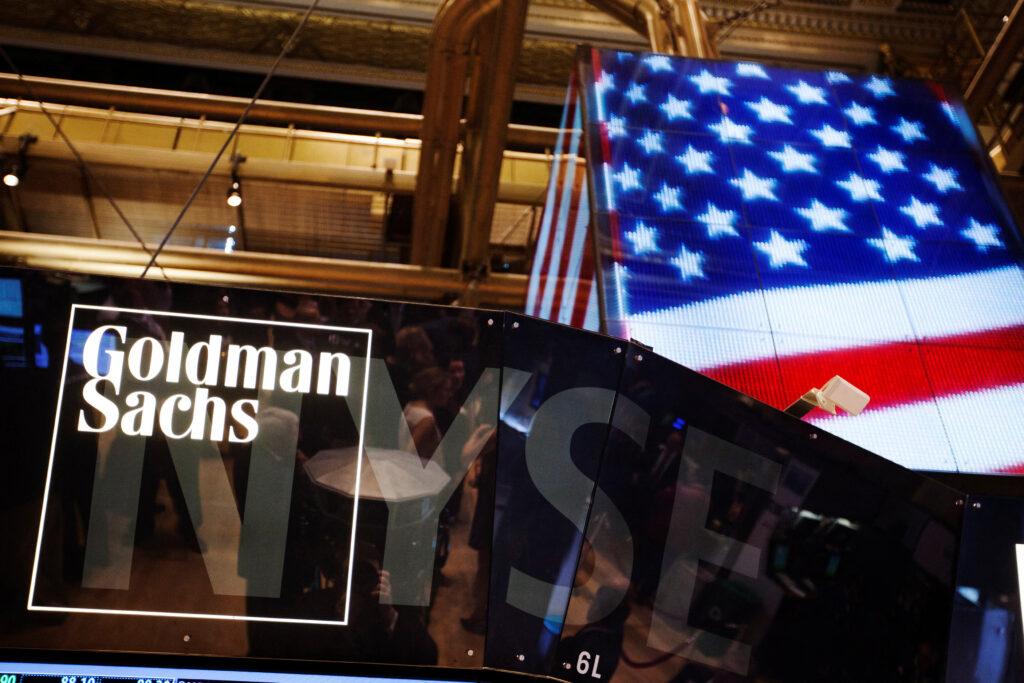







Continue with Facebook Continue with Google